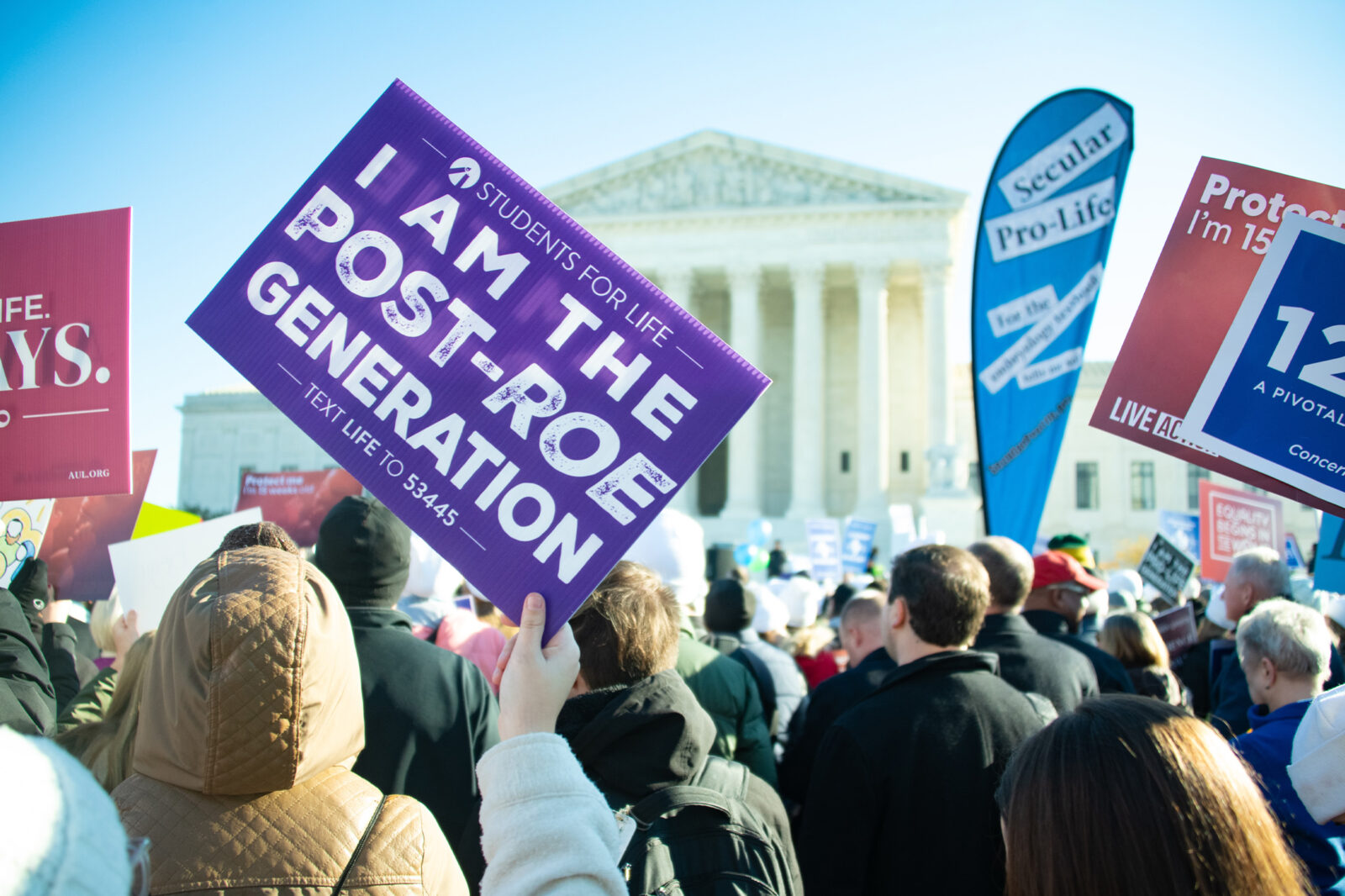
In a 6-3 ruling, the Supreme Court has overturned Roe v. Wade, a seismic decision that will erase the constitutional right to an abortion. The decision was expected, but there remains a good deal of public confusion about what Dobbs v. Jackson Women’s Health Organization will mean for the country.
Overturning Roe v. Wade does not automatically trigger a nationwide ban on abortions. It does make abortion a states issue, meaning all 50 states will determine their own laws around abortion without having to guarantee at least some level of access to abortion. About half of the states are expected to either severely limit or outright ban abortion, while the rest will maintain or possibly even expand their current levels of abortion access.
The majority opinion was written by Justice Samuel Alito, as expected. A draft of the opinion was leaked in early May, which rallied activists on both sides of the abortion debate to campaigning for their cause. The published opinion is very close to the leaked draft, which sent shockwaves through the Court.
“The Constitution does not confer a right to abortion,” read a syllabus of the opinion. “Roe and Casey are overruled; and the authority to regulate abortion is returned to the people and their elected representatives.”
It’s an enormous win for conservatives, for whom Roe v. Wade has long represented a chief political goal. But the decision also promises to sow enormous partisan infighting and will likely deepen divisions between the nation’s red and blue states.























